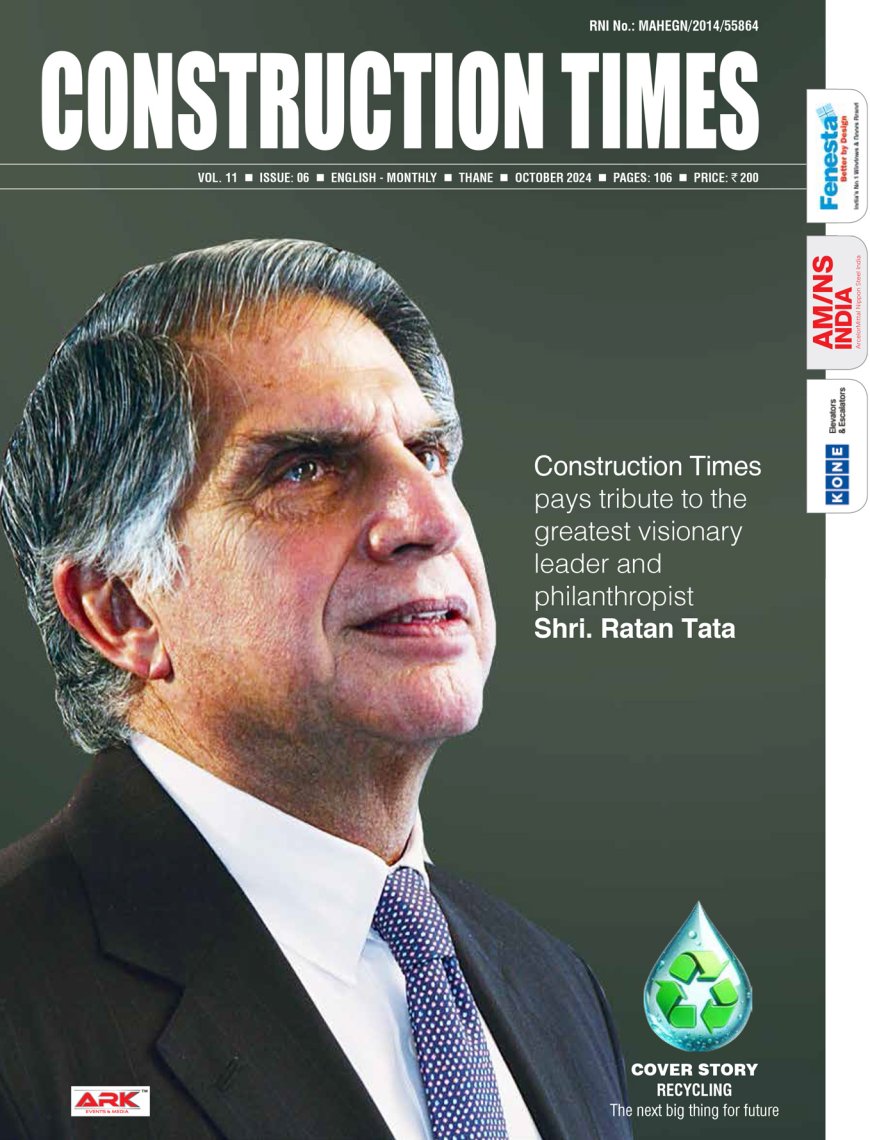Rohit Harjani, “Make safety-the most Important Factor in India”
“Make safety-the most Important Factor in India” Safety has been given due importance in various sectors in the recent Union Budget to avoid accidents, says RohitHarjani, Country Manager Indian Sub-continent, Hochiki Safety is given a lot of importance in the Union Budget, how will it help your industry and is there an awareness amongst the

“Make safety-the most Important Factor in India”
Safety has been given due importance in various sectors in the recent Union Budget to avoid accidents, says RohitHarjani, Country Manager Indian Sub-continent, Hochiki
Safety is given a lot of importance in the Union Budget, how will it help your industry and is there an awareness amongst the industry people about the same?
Safety is given due importance in various sectors in the recent Union Budget to avoid accidents. The government has taken certain initiatives and the industry will push for these reforms. Therefore, this combined effort will result in avoidance of accidents.
There is sufficient awareness in the industry. It has to be generalised and should be escalated and spread at a mass level with the help of education and awareness programmes like the one done very successfully in India to eradicate polio. There should be strict implementation of fire and safety law with continuous and regular inspection programmes. This will make safety- the most important factor in India
What is the importance of embedding fire safety mechanism in India?
The time has come when it is important to embed fire and security mechanisms in India. A very stringent fire and security law must be implemented in tier II and tier III cities along with metros. Embedding and structuring of fire safety mechanism will have a lot of advantages such as:
a) It will save lives and property
b) It will create awareness among masses
c) It helps to organise the industry
d) It makes the industry sizeable to international standards
e) It will create a lot of employment in OEMs and will increase number of maintenance companies thereby ensuring employment for maintenance engineers.
What are the technological advancements in the area of fire technologies for the Indian market?
Companies across fire and security industry are investing substantial part of their incomes in R&D activities to introduce new and technologically advanced products. Some of the recent advancements are - intelligence, wire-free (wireless), embedded features across the entire system and introduction of intelligence in systems other than fire alarm systems eg: intelligent emergency lighting systems
Suggest your solutions to suit the demands of the Indian market and its growth plans?
There are very limited country specific demands. The feasibility and suitability of anyfire alarm systems depends on the project site. It might be a residential, commercial, storage, rolling stock, industrial, hazardous or a site with specific requirements. Hochiki is one company with one of the widest product ranges to offer to the Indian market. Besides offering EN54, UL & FM approved products; Hochiki offers a wide range of SIL2, ATEX and Marine products. In terms of ranges, Hochiki offers Wired and Wireless products in intelligent fire alarm systems, intelligent emergency lighting systems etc.
Do you think that there are budgetary constraints that impact the maintenance of the fire security alarms/detection systems?
There must not be any budgetary constraints in either procurement or maintenance of fire alarm systems. Fire alarm systems are key to life safety and must not be compromised on cost. The market should look at the cost of ownership of product over 10 years and then decide on procurement. It is a general tendency to see the procurement cost only. However, it is recommended to adopt the cost of ownership principle.
You are responsible for company's business operations in India, Bangladesh, Bhutan, Nepal and Sri Lanka- which country is most challenging to work with and why?
The countries of Indian sub-continent are quite straight forward. The challenge comes when site specific hazards need to be explained to the customers. The consultants and architects are specialists and understand the sites well but sometimes when specialists are not hired by end users, it is then quite a challenge to explain to the end customers the use of certain site specific devices which can be quite clear.
Hits: 13















